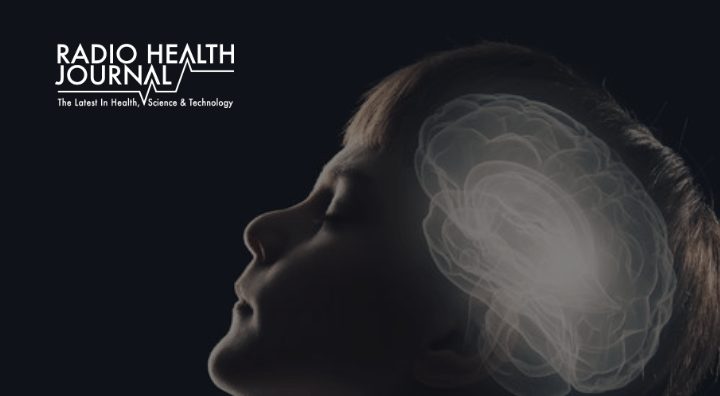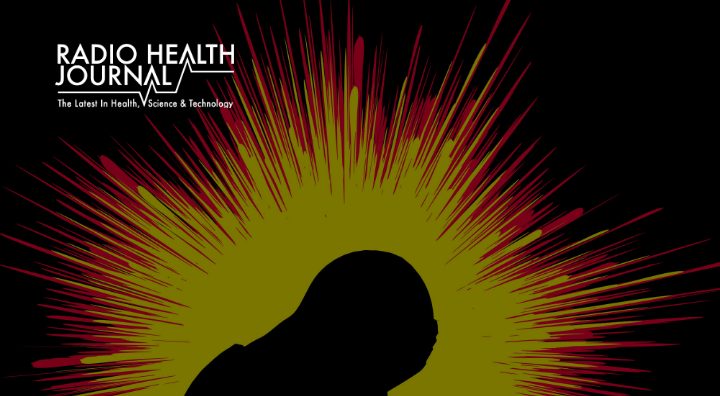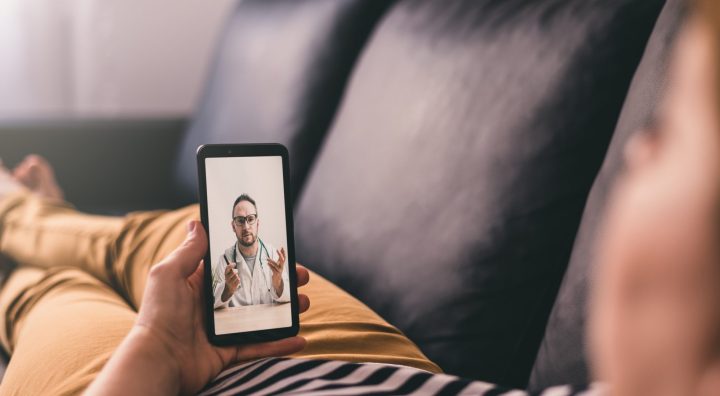More than 25 years after the first war in Iraq, more than 200,000 veterans are still affected by Gulf War Illness, a syndrome believed to be caused in part by exposure to toxic chemicals. Victims typically suffer from sleep disorders, chronic fatigue and memory problems. But now a study in the journal Brain, Behavior, and Immunity finds that curcumin, a component of the spice turmeric, may be able to reverse some of the disease’s effects. Researchers say curcumin has also been shown to improve memory in older adults, but they say more testing is needed.
A new national survey shows that more than half of lesbian, gay, bisexual, and transgender youth have been diagnosed with an eating disorder, and of those who haven’t been diagnosed, more than half suspect they have an eating disorder. The survey by the National Eating Disorders Association also finds that among those diagnosed, 88 percent have considered suicide.
And finally… plastic surgeons say a lot of people are showing up in their offices asking for a nose job, showing selfies to prove their nose is too big. But a study in the journal JAMA Facial Plastic Surgery finds that most selfies distort the size of the nose by as much as 30 percent because they’re taken from too close a distance. Researchers say close-up selfies are the equivalent of a fun house mirror. If you want a more accurate portrait take the picture from about five feet away.
Medical Notes 18-12: Week of March 25, 2018
More than 25 years after the first war in Iraq, more than 200,000 veterans are still affected by Gulf War Illness, a syndrome believed to be caused in part by exposure to toxic chemicals. Victims typically suffer from sleep disorders, chronic fatigue and memory problems. But now a study in the journal Brain, Behavior, and Immunity finds that curcumin, a component of the spice turmeric, may be able to reverse some of the disease’s effects. Researchers say curcumin has also been shown to improve memory in older adults, but they say more testing is needed.
A new national survey shows that more than half of lesbian, gay, bisexual, and transgender youth have been diagnosed with an eating disorder, and of those who haven’t been diagnosed, more than half suspect they have an eating disorder. The survey by the National Eating Disorders Association also finds that among those diagnosed, 88 percent have considered suicide.
And finally… plastic surgeons say a lot of people are showing up in their offices asking for a nose job, showing selfies to prove their nose is too big. But a study in the journal JAMA Facial Plastic Surgery finds that most selfies distort the size of the nose by as much as 30 percent because they’re taken from too close a distance. Researchers say close-up selfies are the equivalent of a fun house mirror. If you want a more accurate portrait take the picture from about five feet away.
Sign up to receive email updates
Enter your name and email address below and I’ll send you periodic updates about the podcast.











Leave a Reply